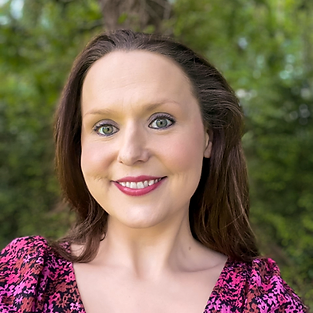Our company of the Month for September is VascVersa, an early-stage regenerative medicine company based in Belfast. The company is the result of over a decade’s worth of scientific research from the three founders at Queen’s University Belfast which lead to the development of the Angicyte technology that VascVersa cellular therapies are based on.
CEO Christina O’Neill shared her startup journey: “I participated in the ICURe (Innovation to Commercialisation of University research) program which was funded by Innovate UK. This allowed me to assess the commercial and clinical potential of our technology and led to the creation of the company. Since then, we have continued to be supported by Innovate UK through its recent BioMedical Catalyst funding programme and received further support form Invest NI. This has been matched by seed funding from investors including QUBIS and Co-Fund NI.
“I am the CEO and co-founder of VascVersa. Leading an early stage spin out company, my role is quite diverse and hands on. It can vary from day to day but involves general management of company operations and teams and budget allocation, building the strategy of the company, forming relationships with key stakeholder and partners, reporting regularly to the Board and most importantly of all is raising funds, which is key for an early-stage company such as ours. Although my role is challenging, it is highly rewarding and I am immensely proud of the team we have built, the partners we are working with and the progress we have made over the last year with a small team.”
VascVersa is based on site at the Medical Biology Centre, Queen’s University and has specialised laboratory and cell culture specialised facilities as well as access to the state-of-the-art equipment at QUB.
“Northern Ireland is well placed to support new, growing businesses, particularly in the health and life sciences sector, with exciting new opportunities arising as the result of investments such as the Northern Ireland City deals,” said Christina.
VascVersa is currently developing a novel cell therapy for the treatment of diseases that are complicated by poor blood supply, also known as ischaemic diseases.
“Our primary focus is to use our novel therapies for the treatment of diabetic foot ulcers, a condition which costs our NHS 1 billion pounds every year. These ulcers are wounds that cannot heal due to impaired blood circulation in diabetes. Despite this immense healthcare burden, current treatments are inadequate resulting in painful non-healing wounds which may reoccur frequently. Worst of all, wounds that cannot heal effectively have a 20% lifetime risk of amputation. While current treatments help patients manage the symptoms, our therapy aims to cure the problem by promoting the repair of damaged blood vessels which will restore blood supply to wounds and promote healing. This is a novel, first in class cell therapy which is highly scalable which we believe will both improve patients’ lives and reduce the cost to the NHS of treating this condition.
“There are no vascular cell therapies approved in the market for the treatment of diabetic wounds. Unlike conventional ‘Active Wound Care’ products, or other cell therapies, Angicyte aims to enhance DFU healing by targeted vessel repair, restoring blood flow. Angicyte cells can be generated, grown up to large numbers and stored as a cost effective, off-the-shelf product that will seamlessly integrate into existing care pathways.
“In Summer 2024, we kicked off two new projects. The first is supported by the IUK Launchpad: life and health sciences grant, in which we aim to evaluate the how Angicyte can help treat ischaemic eye disease. The second is an 18-month project funded by an IUK Biomedical Catalyst grant, in which we will continue the development of Angicyte towards large scale manufacture for eventual use in first-in-human clinical trials planned for 2024.
“Our product name Angicyte comes from the word Angiogenesis (referring to the growth of new blood vessels) and the word cyte which has Greek/ Latin origin meaning cell. We think this is appropriate for our cell therapy which promotes new blood vessel formation,” explained Christina.
More information can be found on our website Regenerative Medicine | Vascversa and by following VascVersa on LinkedIn.
